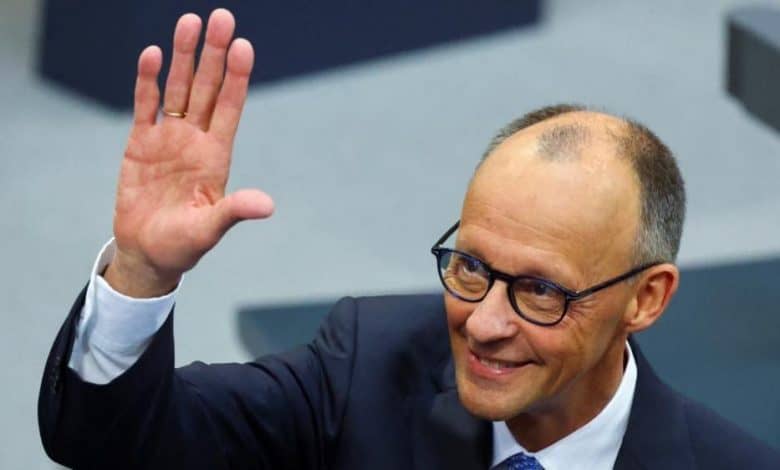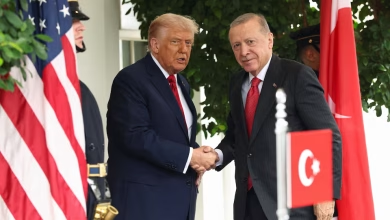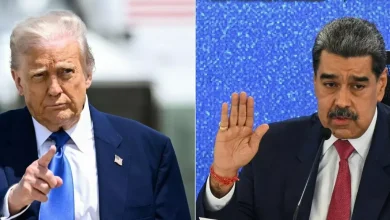
German lawmakers voted for conservative leader Friedrich Merz to become chancellor Tuesday in a second-round vote. This followed a shock defeat in the initial ballot. Merz won 325 votes in the 630-member assembly, with 289 voting against, attaining an absolute majority.
In the first round, the 69-year-old politician was expected to easily win enough votes in Germany’s lower house of parliament, the Bundestag, to be named chancellor, but he fell six votes short. It was the first time in Germany’s postwar history that a chancellor-designate did not win an absolute majority.
Second-Round Victory
In the second round of voting after a day of confusion, Merz won election as chancellor, with 325 votes in the 630-seat chamber. Because the balloting was secret, it was unknown who had withheld support from Merz in the first round and whether they were dissenters from his own conservative camp — made up of the CDU and its sister party, the Christian Social Union — or members of their junior coalition partner, the Social Democrats (SPD).
Merz’s CDU/CSU alliance won February’s elections garnering 28.5% of the vote. He will be heading a coalition government with the center-left Social Democratic Party (SPD). Merz, who is a longtime rival of former chancellor Angela Merkel, took a hiatus from politics shortly after a bitter party leadership contest in the early 2000s. Since taking the reins of the CDU in 2022, he has shifted the conservatives away from Merkel’s more centrist policies.
Challenges Ahead
Merz faces significant challenges, including managing ties with a mercurial US president, bolstering support for Ukraine, and fixing Europe’s beleaguered top economy. He has promised a new “leadership” in Europe, which includes strengthening ties with Paris and Varsovie. Merz is also a proponent of unwavering support for Ukraine and is open to delivering long-range Taurus missiles to Kyiv, despite Russian threats.
Domestically, Merz plans to modernize Germany’s national army and infrastructure, which have deteriorated after years of underinvestment. He also intends to address immigration issues to counter the rise of the far-right AfD party. Merz’s success will depend on aligning with his coalition partners, the Social Democrats, who hold key ministries like Finance and Defense.
Global Reactions Highlight Strategic Implications
European leaders cautiously praised Merz’s pro-NATO stance, while U.S. diplomats underscored defense cooperation. Meanwhile, Merz vowed to address inflation and border security, pledging “pragmatic reforms for stability.” His coalition now faces urgent debates on EU fiscal rules and energy transitions.
Merz will swiftly assemble his cabinet, with finance and energy portfolios drawing intense scrutiny. Observers warn his fragile majority may challenge long-term agendas. Yet, supporters remain optimistic, citing his corporate background as vital for economic revitalization.
Merz’s election as chancellor marks a significant shift in German politics. His ability to navigate both domestic and international challenges will be crucial in determining his success. The outcome of his leadership will also depend on his coalition’s stability and his ability to implement his ambitious agenda.





